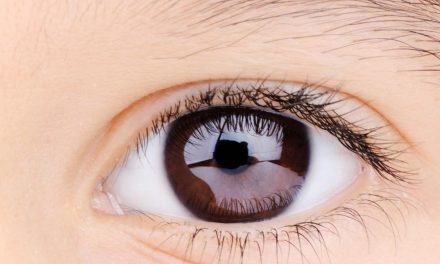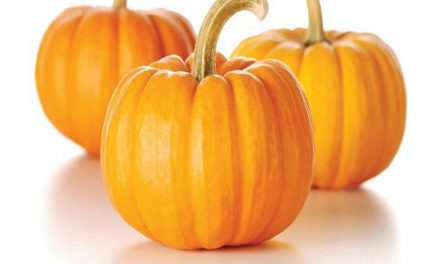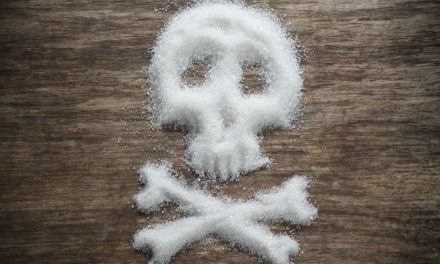No matter what your symptoms are, if you know you are consuming too much salt, one of the best ways to radically reduce the amount of sodium is to cut down on processed foods and drink more water. This will allow the body to catch up and get back in balance. When the amount of sodium returns to normal, you should try to keep your salt intake under control. The American Dietary Guidelines recommend eating less than 2,300 mg per day.
According to the most recent dietary guidelines, it is recommended that you take 1 teaspoon (2,300 milligrams) of sodium per day. However, our average daily intake is estimated to be closer to 3,400 milligrams of sodium (about 1 and 1/3 teaspoon). Consuming too much salt can cause hypernatremia and lead to serious health problems over time.
Bright Side made a list of the most common signs that you are probably eating too much salt in your diet.
- Swelling
signs you’re eating too much salt
If your rings feel a little tight, your feet feel swollen, or your eyes are puffy in the morning, you’re probably eating too much salt. The condition in which your body begins to retain extra water as a result of high salt intake is called edema and must be treated with a very restricted diet.
Excessive thirst
The sodium found in salt helps balance the fluid in your body. When you eat too much salt, your body needs more fluids to help cleanse your system, allowing your muscles and other organs to function properly. That’s the way your body corrects the sodium-water ratio, and drinking clean water is the best way to get things back to normal.
Remember that not drinking enough water could force your body to extract fluids from the cells and this could dehydrate you.Advertisements
Advertisements
- Changes in urination
7 signs you’re eating too much salt
© Depositphotos.com
As a general rule, the accumulation of sodium in your body causes serious changes in urination, which can occur for two reasons:
Eating a lot of salt causes the kidneys to work overtime to get it out of the body. This can lead to kidney disease that usually makes urination more frequent with urine that appears clear or completely clear.
Having too much sodium in your body can be the result of fluid loss that often leads to dehydration. When there is a significant loss of water in the body, your urine output decreases and it becomes thick and dark yellow in color.Salt could make you hungrier
Taking too much salt could also make you fat in another way. This seems to be due to the fact that, contrary to popular belief, when you eat salty foods your appetite awakens.
Research in 2017, based on humans (10 patients) and animals (mice), found that higher sodium intake in the diet ultimately led not to increased thirst, but to less. Against this they observed that despite drinking less, both urine and intake increased.
The reason for this, as the study points out, seems to be due to the fact that excess salt in the body can lead to an increase in the levels of the glucocorticoid hormone, which can trigger the breakdown of fat and muscle tissues to release water and eliminate the excess sodium.
These metabolic changes lead to an extra expenditure of energy, which in turn leads to more appetite.
But as doctor and nutritionist Monica Reinagel warns in an article on Quick and Dirty Tips before you start thinking that eating more salt will burn fat and calories, stop. The reality is totally different.
For one thing, as Reinagel remarks, “glucocorticoid hormones cause your body to break down muscles” and that’s not the kind of weight you want to lose. In addition, “high levels of these hormones are also linked to an increased risk of osteoporosis and type 2 diabetes,” she adds.
On the other, as the study highlighted, these metabolic changes derived from excess salt led to an increase in appetite. And it is not very difficult to imagine that this will lead you to overeat and gain weight. “Realistically, there are surely few times when you feel hungry you turn to healthy, low-calorie foods.”
Other interesting articles:
10 ultra-processed salt-packed foods you eat every day and their healthy alternatives
Which type of salt is healthier, according to science
tips to help you eat less salt and reduce the negative impact of excess sodium on the body
Maintaining the proper balance of sodium and potassium is crucial for t





